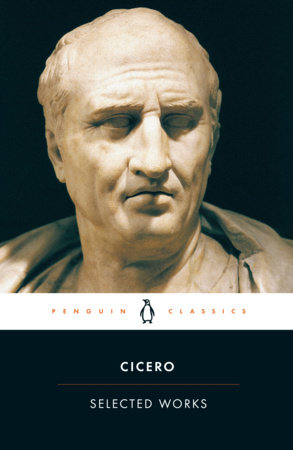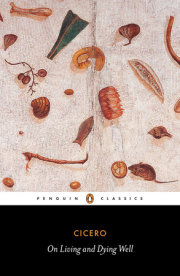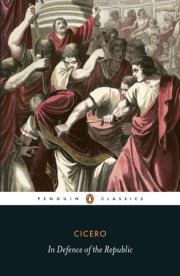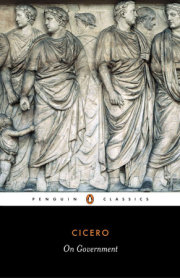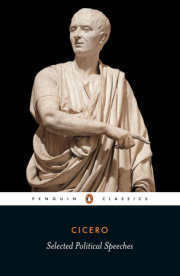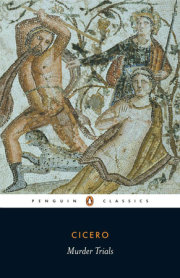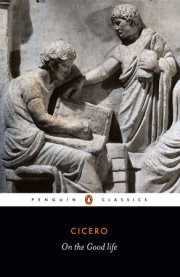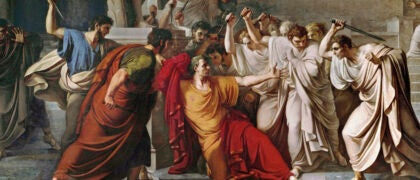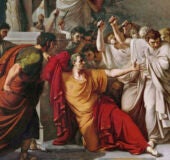Introduction:
1. Cicero against Tyranny by Jerome
2. How to Live: Human Cooperation by Jerome
3. Cicero as Writer and Speaker: Translator's Problems by Jerome
4. The Fame of Cicero by Jerome
Part One: Against Tyranny
1. Attack on Misgovernment: Against Verres, I
2. Cicero's Life and Letters: Selection from his Correspondence
3. Attack on an Enemy of Freedom: The Second Philippic against Antony
Part Two: How to Live
4. A Practical Code of Behaviour: On Duties, III
5. Cato the Elder on Old Age: On Old Age
Appendixes
A. List of Surviving Works of Cicero
B. Genealogical Tables
C. Key to Technical Terms
D. Maps: The Roman Empire, 51 B.C.; Central Italy; Greece and West of Asia Minor; Plan of Rome
Index of Personal Names





